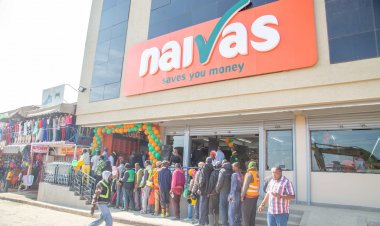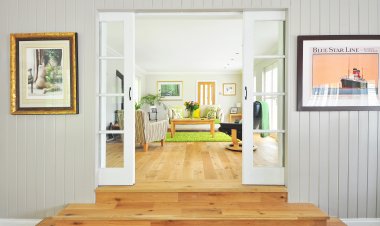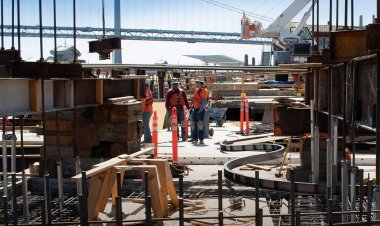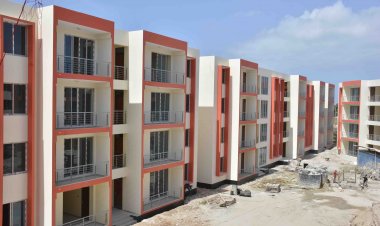Buying Versus Renting in the U.S.
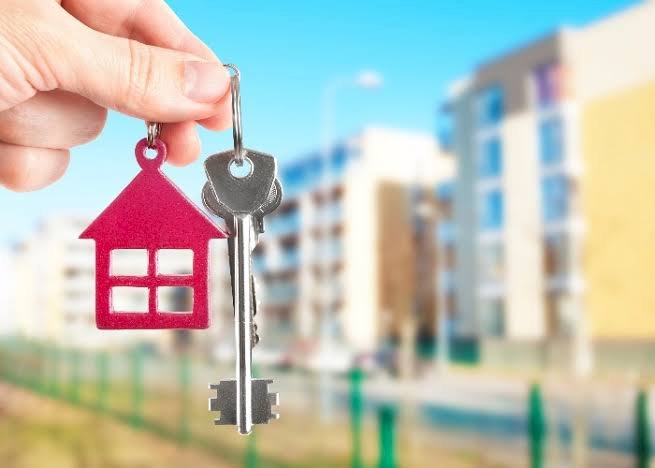
Whether or not you decide to rent or buy is dependent on many things such as your finances and lifestyle. These days, people are more inclined to buy a home rather than rent to chase the dream of owning a house with a white picket fence, even if it makes more sense for them to rent financially. Nonetheless, everyone should weigh their options for both buying and renting a home.
Renting
You would probably consider renting if your lifestyle demanded you move around a lot and not be tethered to your location. At the end of your lease with your landlord, you would have the choice to move out or renew your lease without being penalized.
Most people prefer buying over renting because owning a home can be tax deductible (if you itemize your taxes) and you can build equity as well. While it is true renting is not tax-deductible, that does not mean renting isn't a waste of time and money. Generally, renting is cheaper than buying a home and can become even cheaper if you decide to have roommates.
Additionally, renting means you will pay a predictable amount of money for rent each month of your lease. Your rent, plus utilities and renter's insurance is quite a manageable deal.
It should be kept in mind that renters still have to answer to your landlord. This is useful when there are necessary repairs in your apartment; your landlord will arrange for the repair or compensate you if you end up fixing it yourself. On the flip side, your landlord still ultimately owns your apartment. They can still decide to raise the rent (if your apartment is not rent-controlled) or sell the apartment complex you live in.
Buying
Buying is a more permanent option for those looking to settle down in the U.S. The process of owning a home is a secure, meticulous one, which is great for the long term. You could potentially earn equity on your home as well through renovations, however, it can be risky being that properties are illiquid assets.
Additionally, one is at a disadvantage when an area is on a decline either due to job loss in the area or a rise in residential construction both of which can keep prices down. This would mean you are not guaranteed to earn any equity if you buy and your area happens to go under.
That being said, there are far more expenses homeowners have to pay that renters do not i.e. property taxes, water and sewer services, home repairs, flood or earthquake insurance (depending on where you live), and more.
Prospective buyers must also consider their biggest monthly expense: mortgage payments. Owners with long-term mortgages will be paying mostly interest rather than principal, although a portion of this money will come back to the owner in tax deductions. Generally, when it comes to renovations, you only get as much out of it as you put in, and in some cases, you may end up facing losses.
All in all, there are benefits to both buying and renting and which one you choose depends on your current and future lifestyle to decide whether or not to rent or buy. consider consulting a House Price Index (HPI) to monitor increases and decreases in a particular housing market to see if you're ready to buy or should rent for a few years more.

 Kerubo Ondieki
Kerubo Ondieki 










